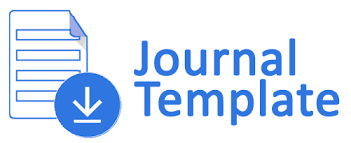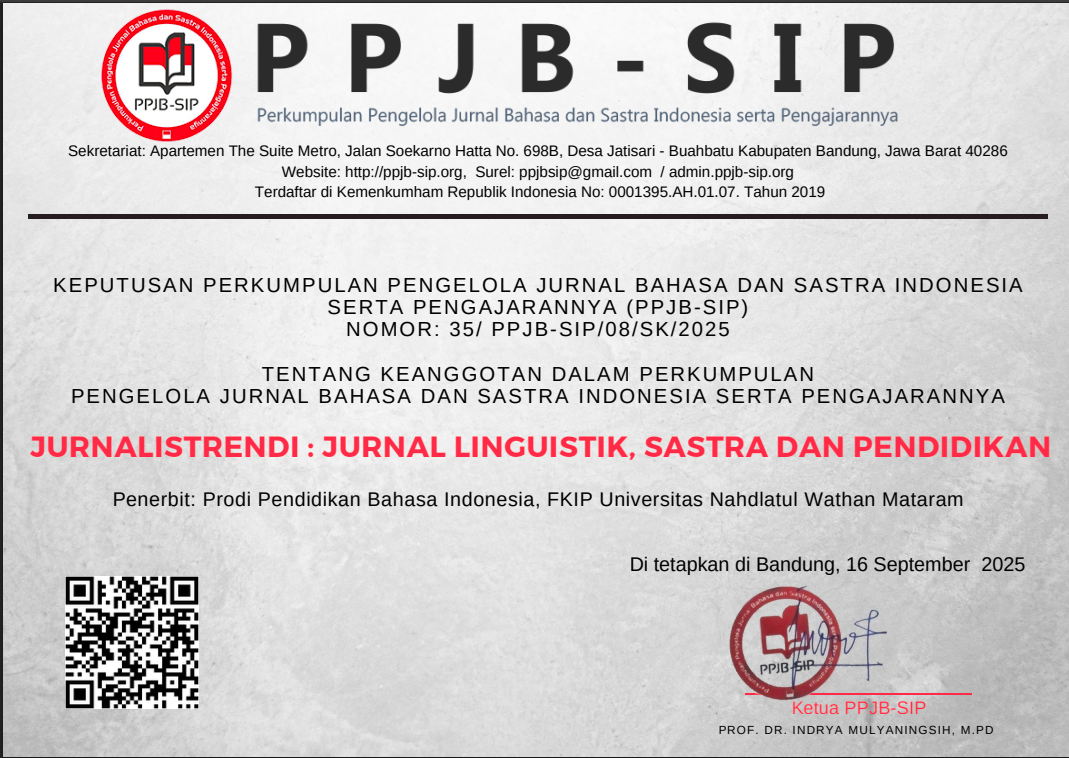PENGARUH CARA BELAJAR MENGGUNAKAN KAMUS DIGITAL DAN KAMUS MANUAL TERHADAP HASIL BELAJAR KANJI: STUDI KASUS TERHADAP MAHASISWA PENDIDIKAN BAHASA JEPANG ANGKATAN 2013UNIVERSITAS BRAWIJAYA
Abstract
Media in learning kanji is very diverse. For example is a dictionary. Dictionary is divided into two various. That is manual dictionary, and digital dictionary. Using both of dictionaries in learning kanjihad different effects. The aim of this study is to answer the problem which is 1) How do the students of Japanese language learn kanji by using a manual dictionary, 2) How do the students of Japanese language learn kanji by using a digital dictionary, 3) What is the effect of manual dictionary and digital on learning outcomes among students in Japanese language education. Learning theory says that learning is not just a change in behavior but rather the ways in which processes incoming information in a human being. Cognitive learning theory is divided into four models that are the discovery learning (Bruner), meaningful learning (Ausubel), information processing (Gagne) and intellectual development (Jean Piaget). In this study, the authors use a mixed method research. Sources of data are the form of interviews, questionnaires and study results card. The research sample is 58 people, using random sampling technique.The results of this study indicate that learning kanjiby using a manual dictionary is by writing which consistent with information processing model of cognitive learning. Learning kanji using digital dictionary is by writing and quiz which consistent with cognitive learning theory discovery model. From the analysis of the questionnaire data and the students study results, concluded that manual dictionary has more influence on student learning outcomes.


.jpg)





